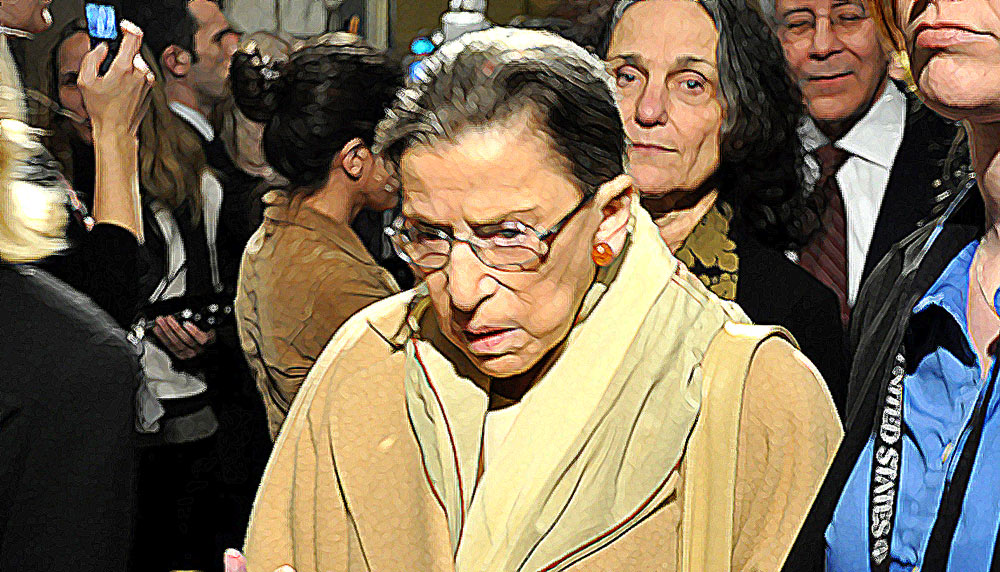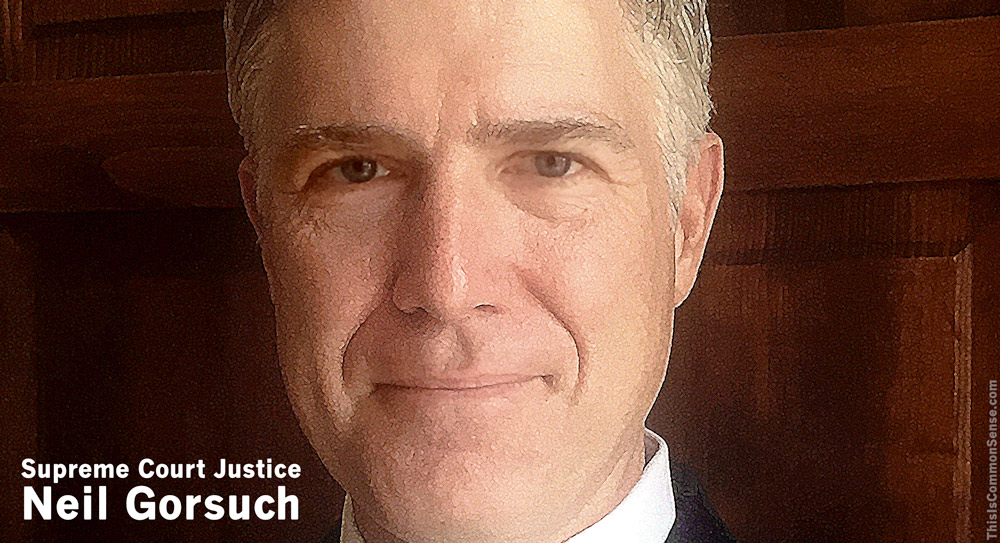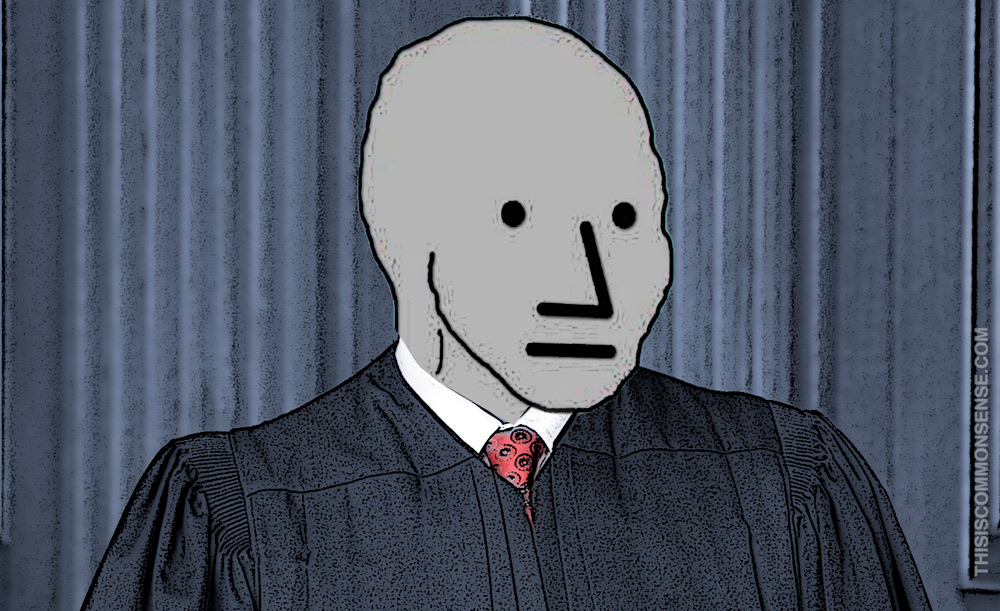On the 73rd anniversary of the birth of Hillary Clinton, the United States Senate confirmed Amy Coney Barrett to the Supreme Court.
Mrs. Clinton, the former Democratic presidential candidate, looms in the background of the issue as a sort of éminence grise, a specter of the politics of the left. Had she won in 2016, late luminary RBG would have been replaced by a progressive woman. Not ACB.
For what would have been Hillary’s, count ’em, third nomination.
Not a specter, or grisey eminence, is Senator Kamala Harris (D‑Calif.), Joe Biden’s partner in procuring 2020’s big prize.
“I’m on my way to the Senate floor to vote no on Judge Amy Coney Barrett’s nomination to the Supreme Court,” Harris tweeted, yesterday. “Health coverage for millions of people hinges on who fills this seat. It’s clear that this nominee has the potential to do great harm to the American people.”
Note that this complaint has nothing to do with actual judicial qualifications. It has to do with a policy that Democrats insist upon: socialized medical billing. But as ACB made clear in the hearings, her judicial mindset is about legal process, as it should be, not government policy.
An hour later, candidate Harris asserted that Senate Republicans had “denied the will of the American people by confirming a Supreme Court justice through an illegitimate process.”
Illegitimate?
Well, you see, “more than 62 million people have already voted.” That is it. Harris pretends that since there is an election next week, and some people have already voted, the normal, constitutional business of Congress should not go on.
Anything to rescue their broken policy, Obamacare.
Next week’s election sure will have consequences, but ACB’s stint on the Court resulted from Hillary’s quite legitimate loss.
This is Common Sense. I’m Paul Jacob.
—
See all recent commentary
(simplified and organized)








